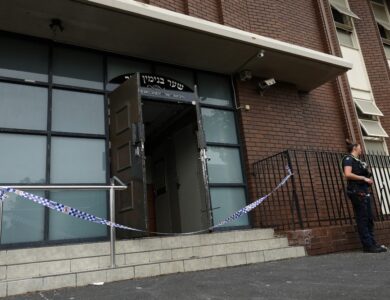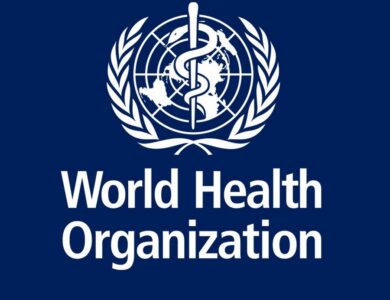South Korea to Suspend Medical Licenses of Striking Doctors

Seoul, South Korea – In a move that could further cripple the nation’s healthcare system, South Korea‘s health ministry announced plans to begin suspending the medical licenses of trainee doctors who continue their month-long strike. This comes as negotiations between the government and the doctors remain deadlocked.
The strike, which began in February, stems from the government’s plan to significantly increase medical school enrollment to address a growing physician shortage. Doctors argue that this rapid increase will dilute the quality of medical education and ultimately lead to higher costs for patients.
The health ministry, however, maintains that the additional doctors are necessary to serve the country’s aging population and address shortages in rural areas and critical specialties like pediatrics and emergency medicine.
Stalemate Leads to License Suspensions
With neither side budging, the government has opted for a hardline approach. The ministry has already sent notices to roughly 5,000 striking doctors, requiring them to respond to the potential suspension of their licenses. Starting next week, those who defy the back-to-work order will face formal license suspensions.
“We urge junior doctors to return to their training hospitals,” pleaded Second Vice Health Minister Park Min-soo, “not only for the sake of patients, but for your colleagues and yourselves.”
The ministry further emphasized the long-term consequences for striking doctors. Interns who fail to rejoin training programs by the end of the month will be ineligible for residency positions next year. Additionally, license suspensions will disrupt their future careers as gaps in training exceeding a month require additional coursework.
Doctors Fear Worsening Conditions
Doctors counter that the government’s plan prioritizes quantity over quality. They argue that increasing enrollment without addressing issues like low specialist salaries and excessive medical malpractice lawsuits will only worsen the healthcare system.
The strike has already resulted in the cancellation or delay of surgeries and other vital public health services at major hospitals. With the potential suspension of thousands of medical licenses looming, South Korea’s healthcare crisis shows no signs of abating.








